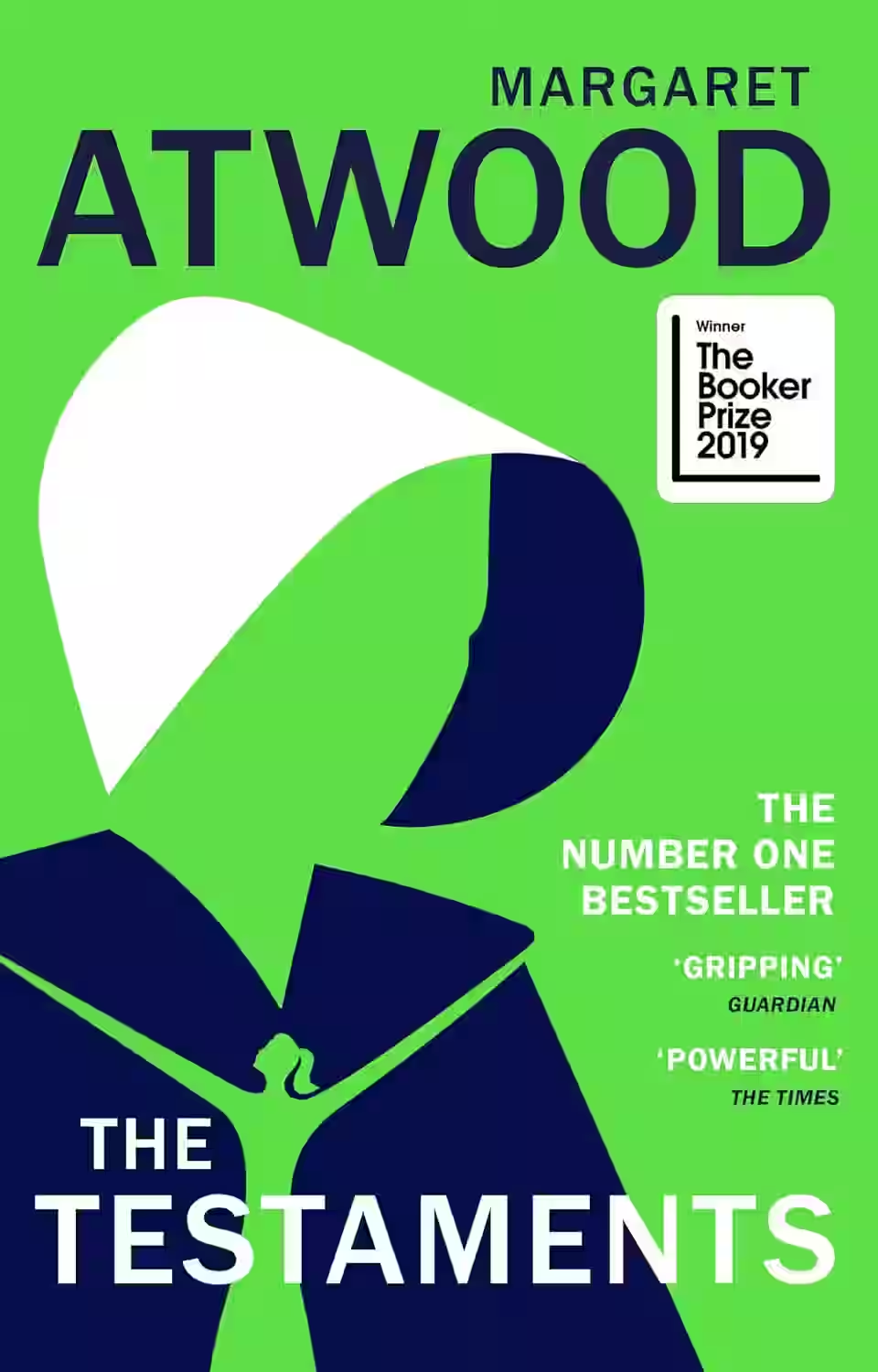
A sequel to The Handmaid’s Tale, The Testaments is set fifteen years after the original novel. It follows three female narrators—Aunt Lydia, a powerful enforcer of Gilead’s laws; Agnes, a girl raised in Gilead; and Daisy, a Canadian teenager unknowingly tied to the regime. Their stories intertwine to expose the fragility and hypocrisy of Gilead’s power structure. Atwood crafts a thrilling and timely narrative that explores resistance, indoctrination, and female agency in a dystopian society. The novel deepens the world of Gilead while offering a glimmer of hope for its collapse.
About The Handmaid's Tale Series
Beginning with The Handmaid’s Tale, this dystopian series imagines a theocratic regime called Gilead, where women are stripped of rights and forced into rigid roles. Offred, a Handmaid, narrates her life of state-sanctioned servitude and silent rebellion. Decades later, The Testaments revisits Gilead through the perspectives of three women, revealing its inner workings and unraveling its fate. Atwood’s series blends chilling realism with speculative fiction, critiquing patriarchy, authoritarianism, and the abuse of power. Thought-provoking and haunting, the duology explores resistance, agency, and the enduring fight for freedom in oppressive systems.
About Margaret Atwood
A prolific and influential Canadian author known for her dystopian novels, feminist themes, and insightful social commentary. Works like The Handmaid's Tale and The Testaments explore power, gender, and environmental concerns with chilling prescience. Atwood's sharp prose and thought-provoking narratives have made her a vital voice in contemporary literature, challenging readers to consider the complexities of the human condition and societal structures.
Other Books by Margaret Atwood
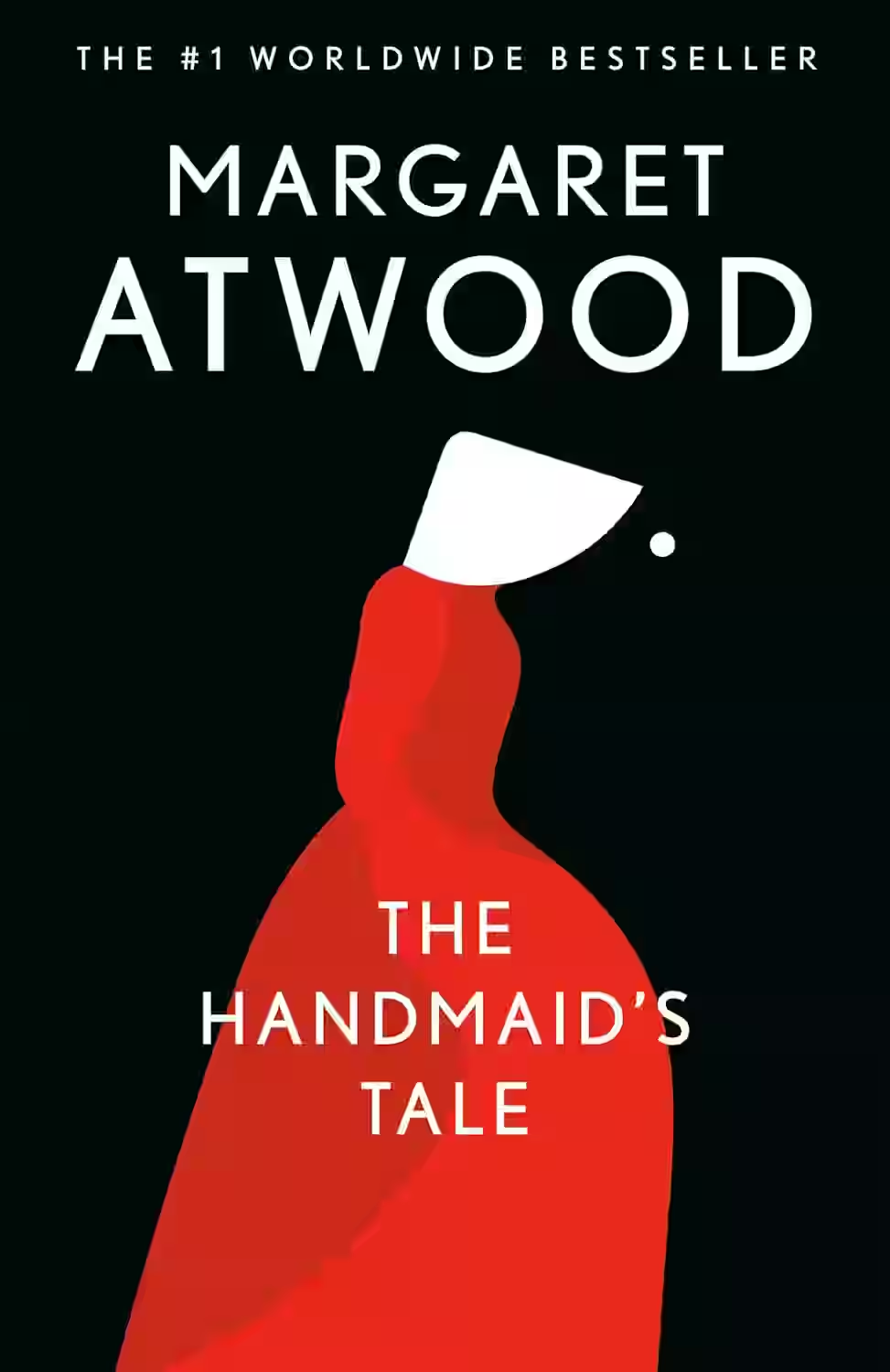
The Handmaid's Tale
Series: The Handmaid's Tale (#1)
In the Republic of Gilead, a theocratic regime has stripped women of their rights and forced them into distinct social classes. Through the eyes of Offred, a Handmaid assigned to bear children for elite couples, we see a chilling exploration of gender, power, and resistance in a society that feels disturbingly possible.
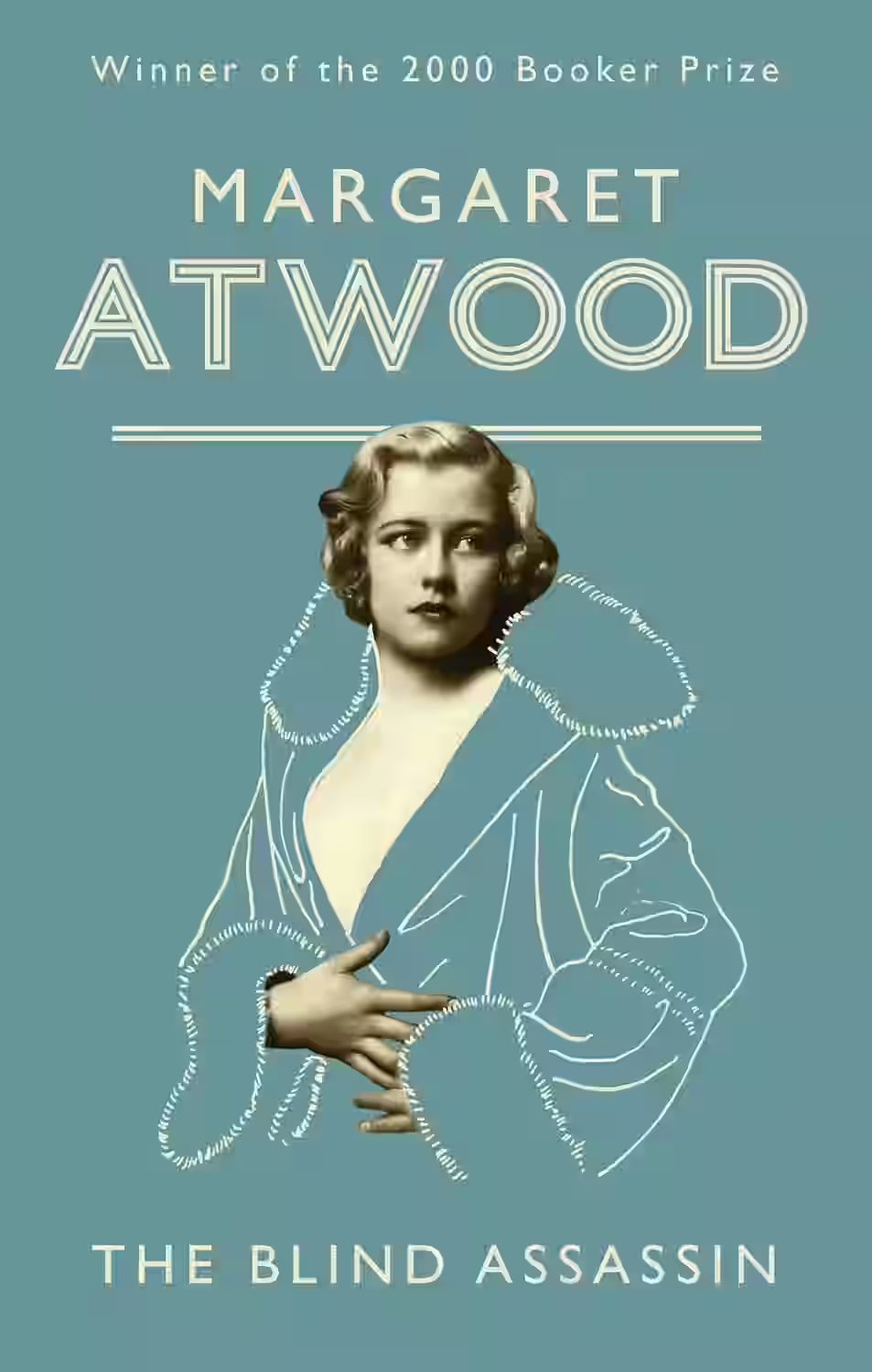
The Blind Assassin
At eighty-two, Iris Chase lives in faded obscurity in Port Ticonderoga, a town once shaped by her wealthy family. Reflecting on her life and the tragic death of her sister Laura, Iris revisits the scandals that followed the posthumous publication of The Blind Assassin—a novel that earned Laura cult status. Set in the 1930s, the book-within-the-book tells of a secret affair between a fugitive and a privileged woman who escape into a sci-fi tale of Planet Zycron. As fiction and reality intertwine, themes of love, betrayal, and loss unfold. Margaret Atwood’s novel is haunting, darkly humorous, and masterfully layered.
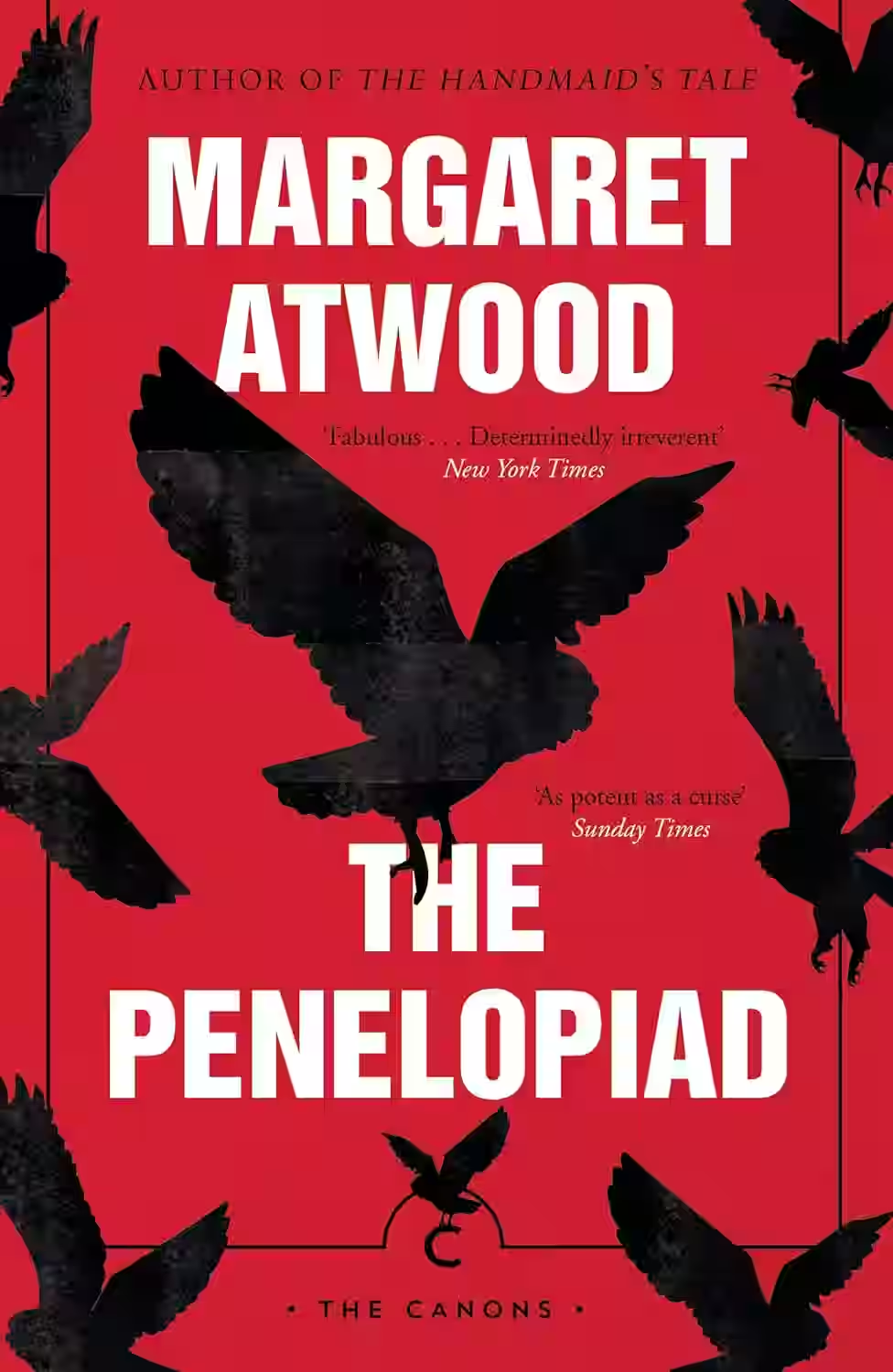
The Penelopiad
Margaret Atwood's "The Penelopiad" offers a fresh perspective on Homer's legendary narrative by retelling 'The Odyssey' from Penelope's viewpoint. The novella paints a vivid portrayal of Odysseus' wife, Penelope, as she waits for his return while ruling Ithaca and dealing with suitors vying for her hand. Atwood interlaces Penelope’s narrative with a chorus of her twelve maids, offering a critique of historical injustice and the silencing of female voices. Through wit and poetic prose, Atwood explores themes of power, loyalty, and the complexities of female identity. This narrative reimagining sheds light on ancient myth, gifting readers with a story that is both timeless and eerily relevant to contemporary issues of feminism and justice.
Similar Books
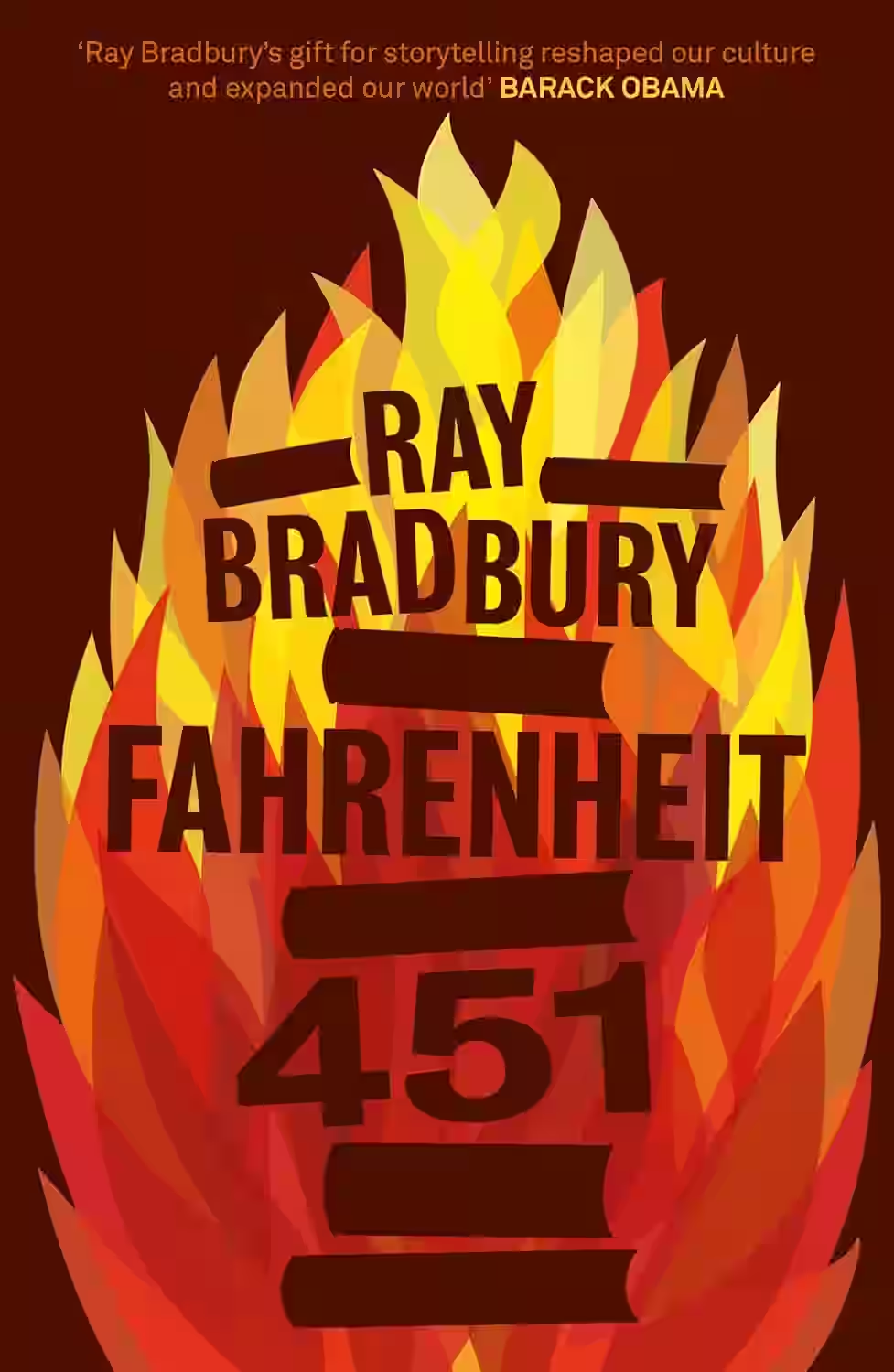
Fahrenheit 451
by Ray Bradbury
Ray Bradbury's "Fahrenheit 451" is a profound dystopian novel that delves into the consequences of a society bereft of critical thinking and free expression. Set in a future where books are banned and 'firemen' burn any that are found, the narrative follows Guy Montag, a fireman who begins to question his role in suppressing knowledge. The novel explores themes of censorship, the dehumanizing effects of technology, and the power of literature to inspire change. Bradbury's incisive commentary on conformity and intellectual repression remains remarkably pertinent, making it a timeless critique of society's foibles and the resilience of the human spirit in the pursuit of truth.
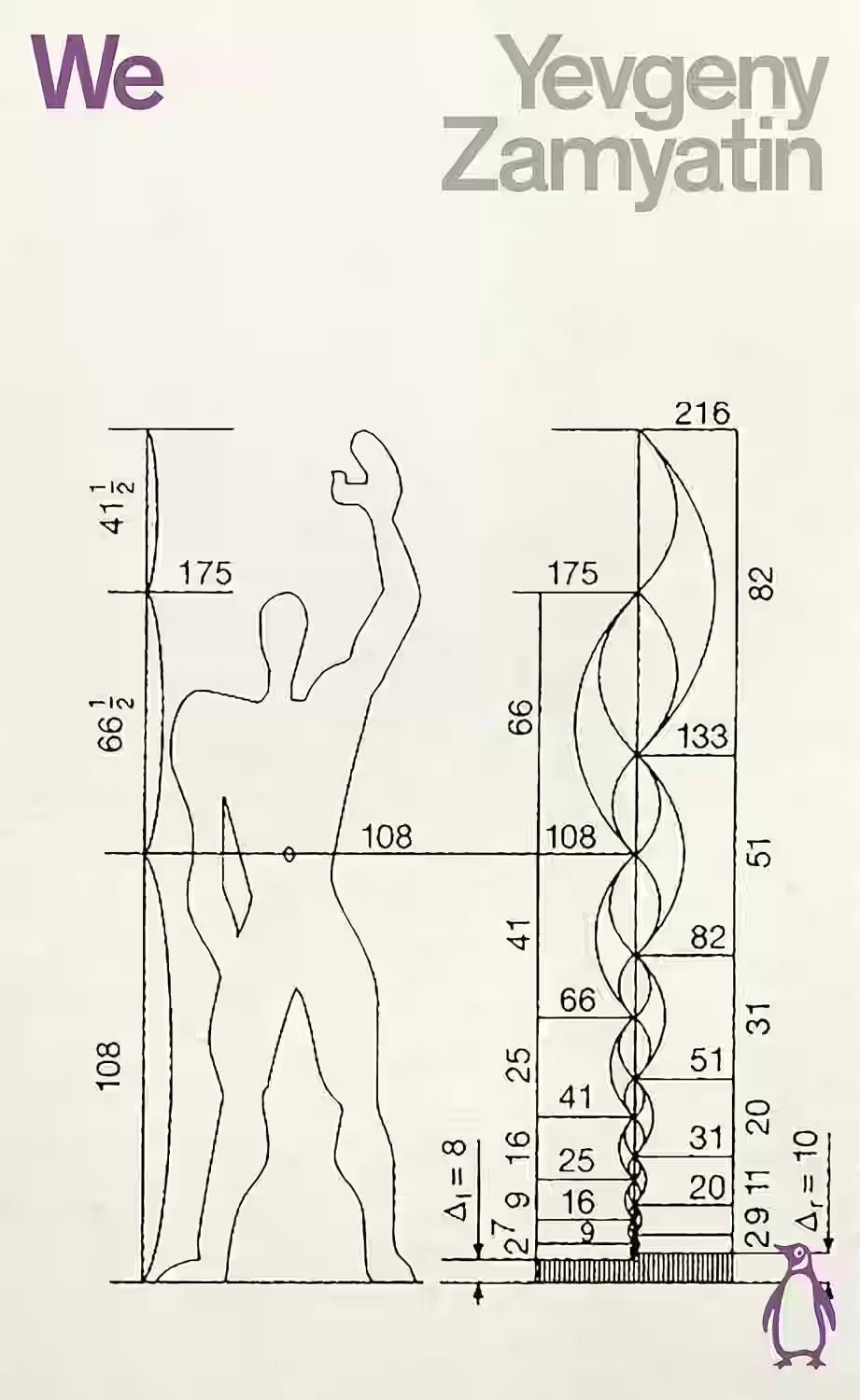
We
Yevgeny Zamyatin's "We" is a seminal piece of dystopian literature that prefigures many themes explored by later classic works like Orwell's "1984" and Huxley's "Brave New World." Set in the highly regimented One State, a society where individuals are mere cogs in a larger machine and personal freedom is subjugated to an absolute and oppressive ideology, the novel explores the nature of individuality and freedom through the protagonist, D-503, a mathematician who begins to question the infallibility of the state after falling in love with a mysterious woman. Zamyatin's work is notable not just for its powerful narrative and rich characterizations, but also for its incisive critique of authoritarianism and its enduring philosophical questions about the human condition, making it a profound and timeless read.

A Clockwork Orange
A Clockwork Orange is a dystopian novel by Anthony Burgess, depicting a futuristic society where extreme violence is prevalent. The story follows Alex, a young delinquent who undergoes a controversial rehabilitation treatment that raises questions about free will and the morality of government control. The novel is known for its unique language, social commentary, and thought-provoking themes.

Tomorrow, When the War Began
by John Marsden
Series: Tomorrow (#1)
John Marsden's Tomorrow, When the War Began centers on Ellie and her friends, who return from a camping trip to find their Australian town invaded and their families captured. Faced with the horrors of war, the teenagers must adapt quickly, transforming from carefree youths to resistance fighters. The novel explores themes of survival, courage, and the loss of innocence, as the group navigates the challenges of guerrilla warfare. Marsden's gripping narrative offers a realistic portrayal of adolescence thrust into conflict, highlighting the resilience of the human spirit.